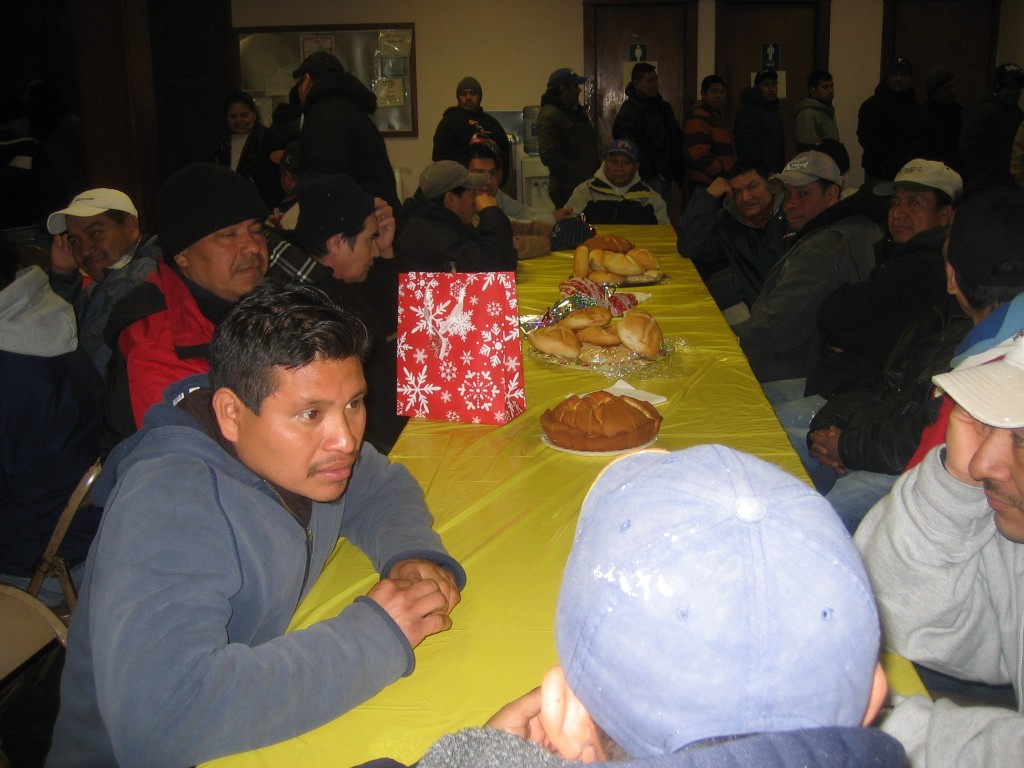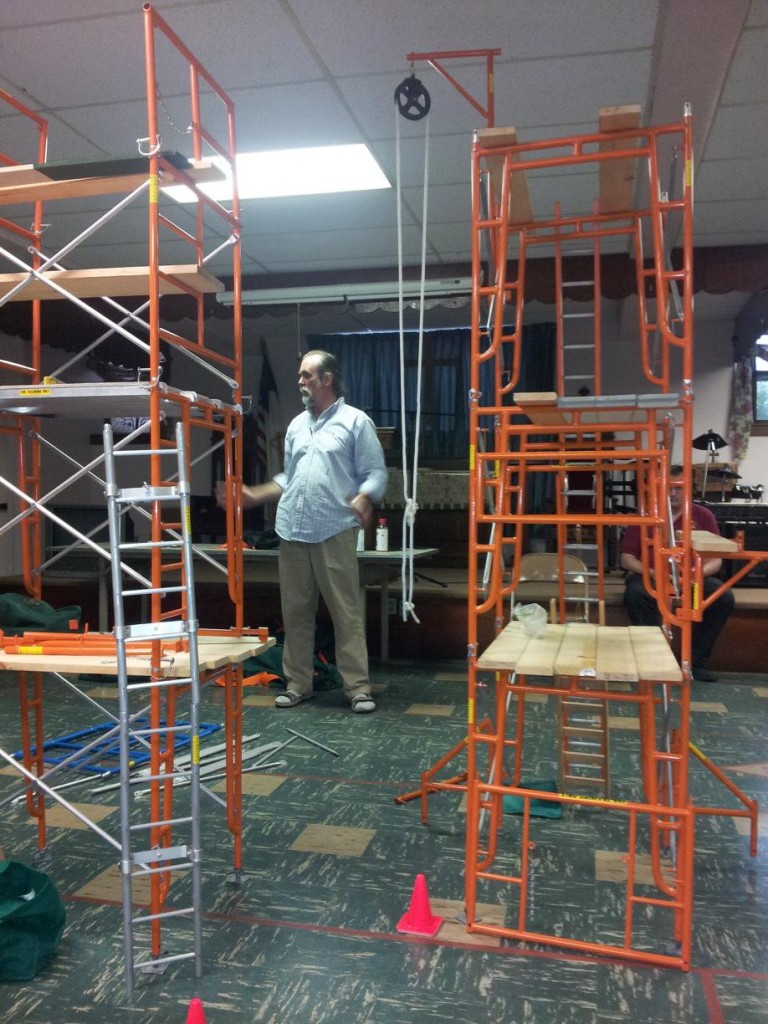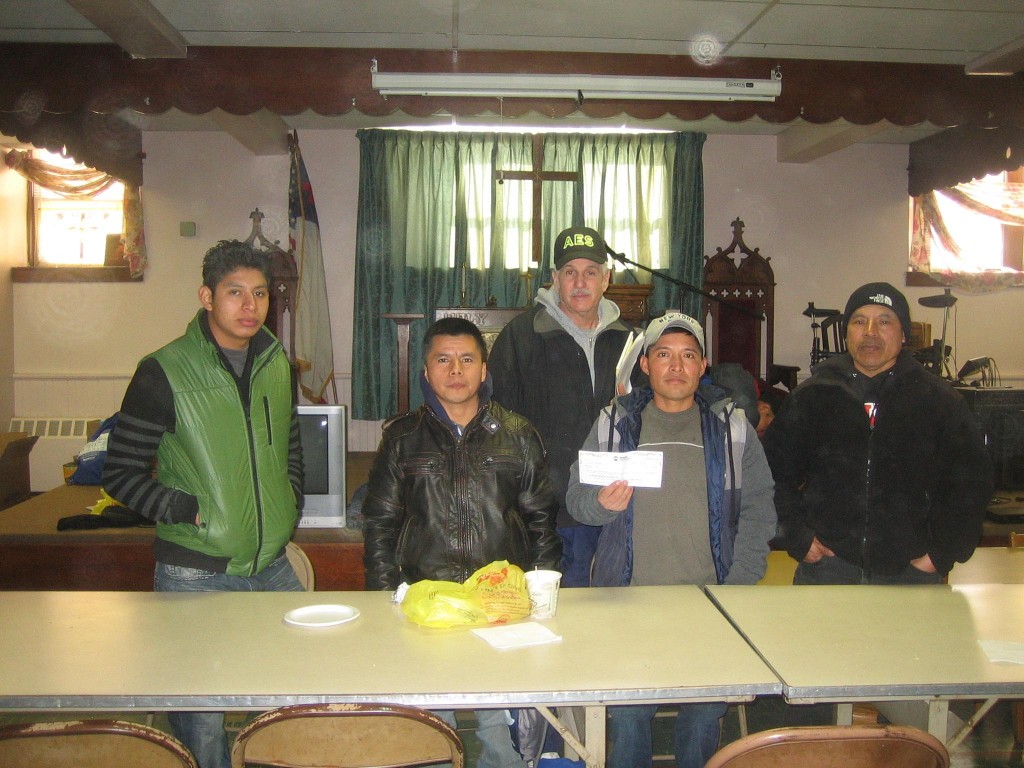 CoFiA provides lunch, conversation and education
CoFiA provides lunch, conversation and education
 OSHA training
OSHA training
 And wage theft recovery assistance
And wage theft recovery assistance
/>http://epid.rutgers.edu/gallery/rutgers-immigrant-infrastructure-maps-riim/
An article in The Record on Tuesday, February 4, 2014, (see link, above) says that most services for immigrants are provided by community organizations. The article is by Monsey Alvarado, who has followed CoFiA’s work and often calls us when she has questions related to this field.
The article cites a report titled “Meet the Neighbors: Organizational and Spatial Dynamics of Immigrant New Jersey,” which was issued by the Program on Immigration and Democracy at Rutgers University’s Eagleton Institute of Politics. It states that New Jersey has adopted few policies to help immigrants, and community-based organizations (like CoFIA) are providing most of the services. One of the authors states that there are many “quite scrappy but occasionally very institutionalized organizations” making really important connections for people to local government, to schools, to the hospital, etc. Advocacy and English language instruction are the most frequently offered services.
A growth in the use of ITINs (Individual Tax Identification Numbers) is cited. ITINs were created by the Federal Treasury Department to allow workers who do not qualify for Social Security numbers to pay taxes. Between 15 – 30% of NJ workers used these numbers in 2008 to pay taxes.
Nearly half of the 800,000 immigrants in New Jersey are naturalized, but there may be another 250,000 to 500,000 who live here without documents, which have become increasingly difficult–or impossible–to obtain. The article states that NAFTA (North American Free Trade Agreement) dramatically increased migration to the U.S. from Spanish-speaking countries. Although the U.S. labor market “has greedily absorbed the new workers” federal immigration policy has not kept pace. It is estimated that 9.2% of workers in New Jersey are unable to obtain documents.
Among our friends, CoFiA finds that these abstract figures mean that a man who has been working here for 11 years has not been able to see his children in all that time; another has been here 18 years, and has seen his elderly relatives pass away and been unable to even attend their funerals; another had the heart-breaking experience of having his teen-aged daughter–against his and his wife’s wishes–try to come to the US to see him, only to be stopped at the border by ICE.
